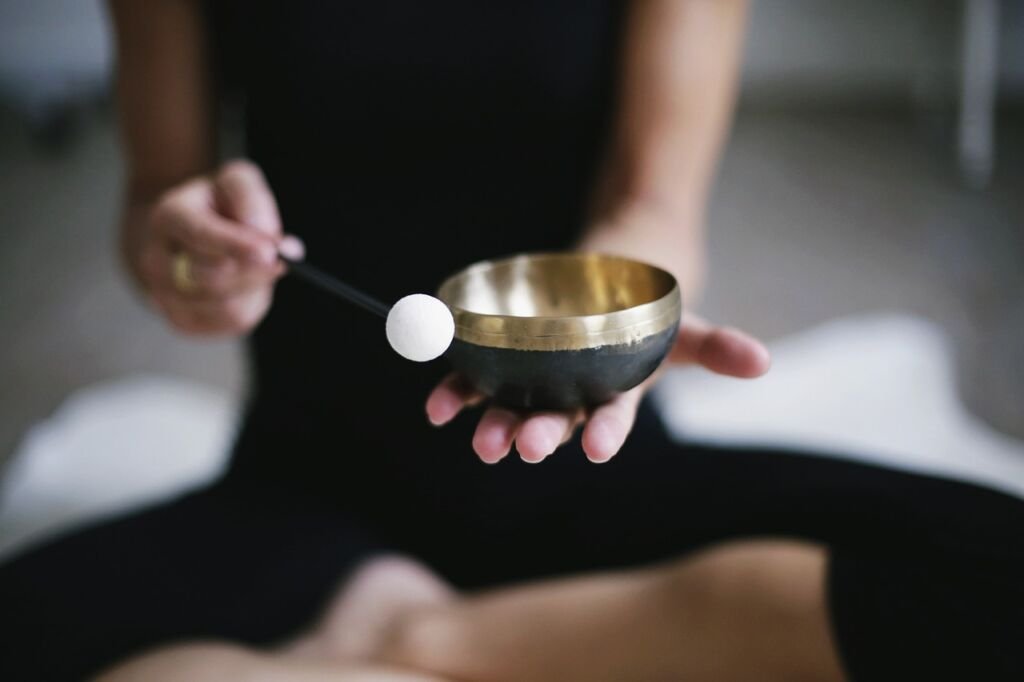Stress and anxiety can take a significant toll on our mental and physical health. Fortunately, mindfulness is a powerful tool that can help reduce the impact of stress and anxiety on our lives. In this article, we’ll explore how mindfulness can be used to reduce stress and anxiety and provide practical tips on how to incorporate mindfulness into your daily routine.
What is Mindfulness?

Mindfulness is the practice of being present in the moment and paying attention to one’s thoughts and feelings without judgment. It involves focusing on the present moment and accepting it as it is, rather than dwelling on the past or worrying about the future.
Benefits of Mindfulness for Stress and Anxiety
Mindfulness has been shown to be effective in reducing stress and anxiety. By helping individuals to focus on the present moment, mindfulness can help to reduce rumination and worry about the future, which are common sources of stress and anxiety. Additionally, mindfulness has been found to improve emotional regulation, reduce symptoms of depression, and improve overall quality of life.

Tips for Incorporating Mindfulness into Your Daily Routine
1. Start with short mindfulness exercises:
If you’re new to mindfulness, start by practicing short mindfulness exercises, such as focusing on your breath for a few minutes each day. As you become more comfortable with the practice, you can gradually increase the duration and complexity of your mindfulness exercises.
2. Use mindfulness throughout the day:
Mindfulness can be practiced at any time, not just during formal meditation sessions. You can practice mindfulness while eating, walking, or even while doing household chores. By being fully present in the moment, you can reduce stress and anxiety and improve overall well-being.
3. Take breaks to practice mindfulness:

If you find yourself feeling stressed or anxious during the day, take a break to practice mindfulness. This could involve taking a few deep breaths, closing your eyes and focusing on your breath, or even taking a short walk outside. By taking a few moments to be mindful, you can help to reduce stress and anxiety and improve focus and productivity.
4. Use guided mindfulness exercises:
There are many resources available to help you learn and practice mindfulness. You can find guided mindfulness exercises online or through mobile apps, which can help you to stay focused and engaged while practicing mindfulness.
In conclusion, mindfulness is a powerful tool that can help to reduce stress and anxiety and improve overall well-being. By incorporating mindfulness into your daily routine, you can learn to be present in the moment, reduce worry and rumination, and improve emotional regulation. Whether you’re new to mindfulness or a seasoned practitioner, incorporating this practice into your daily routine can have significant and lasting benefits for your mental and physical health
